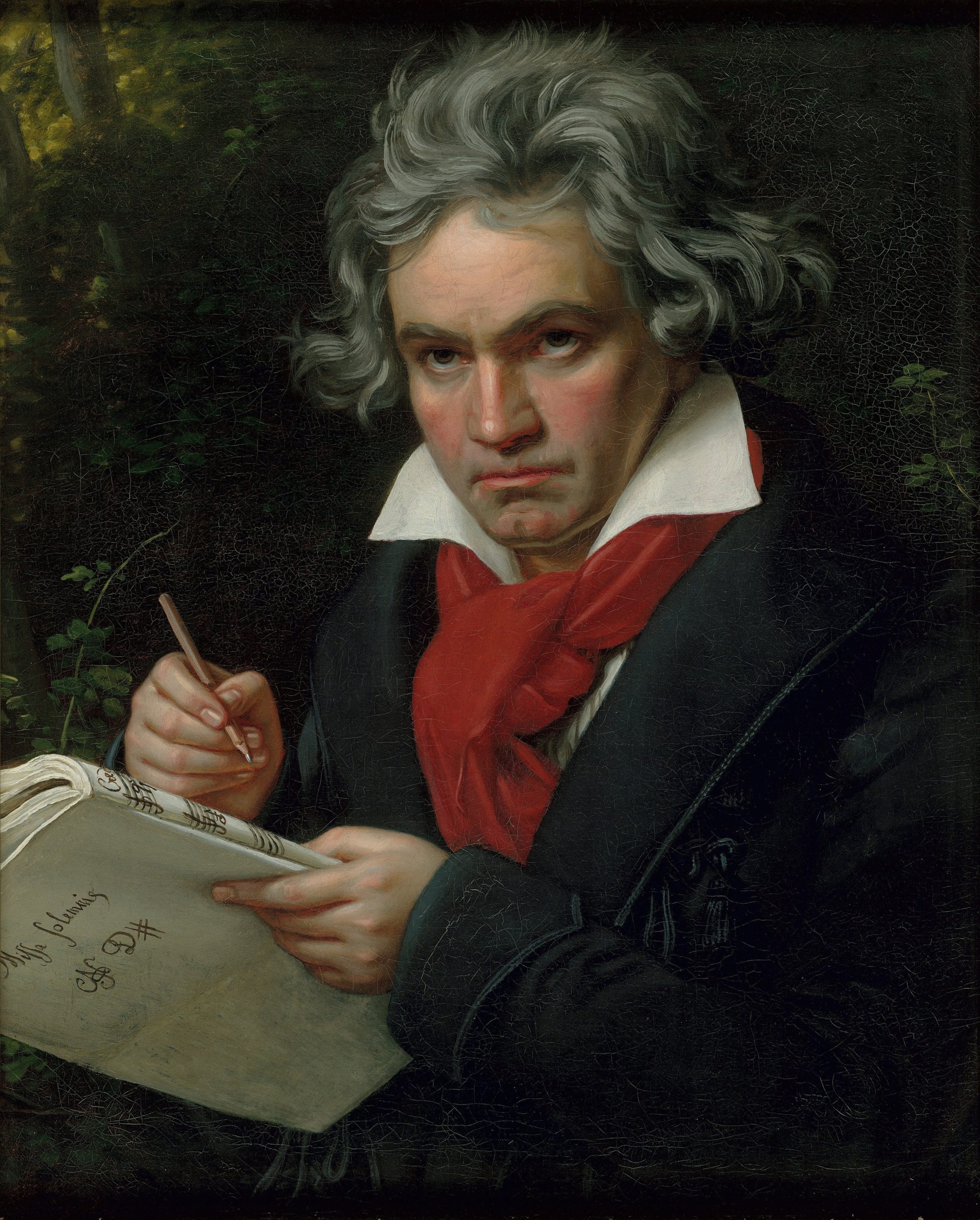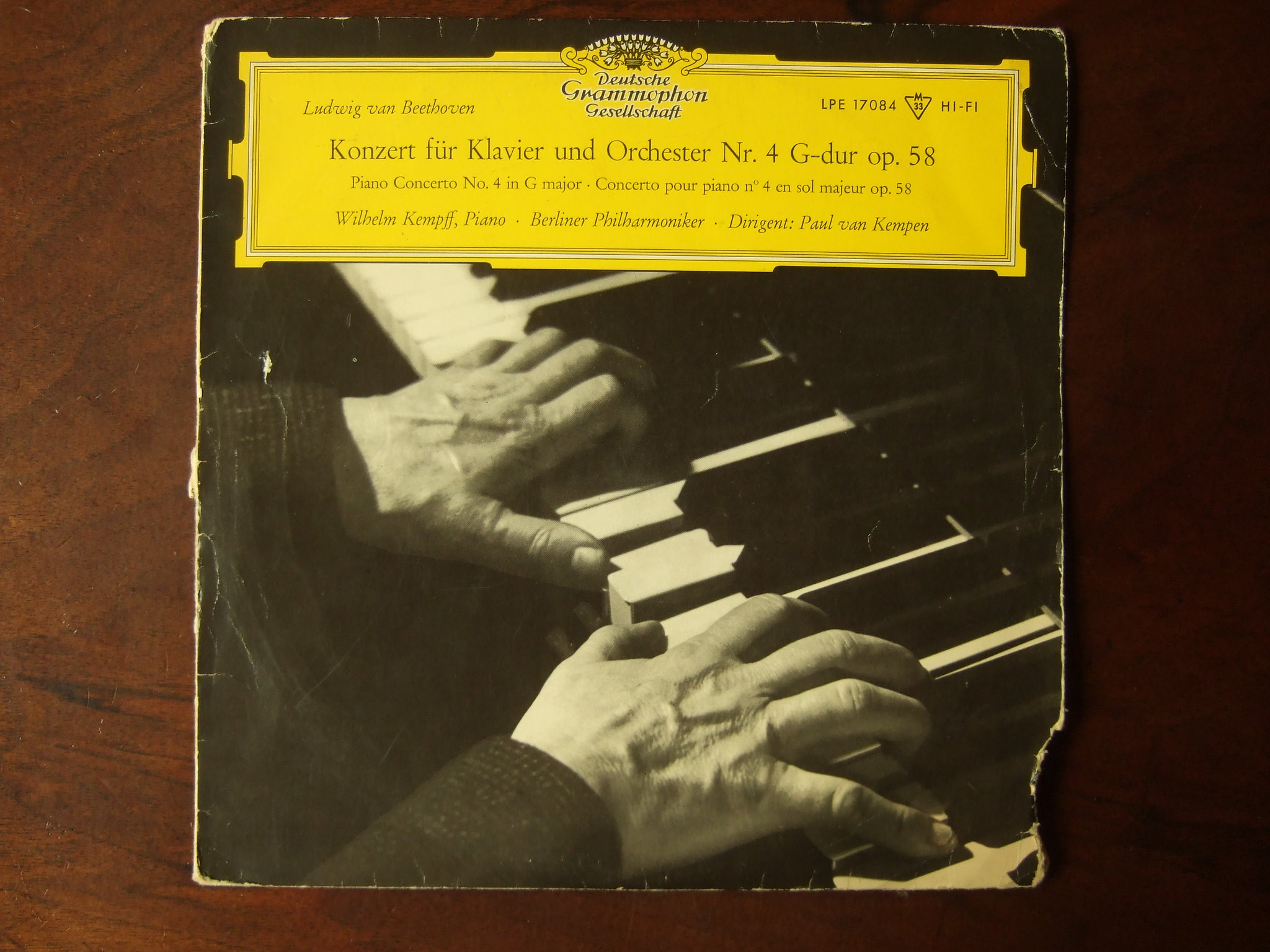
Quale musica dopo Beethoven? Partire dalla domanda posta da Schubert al suo amico Spaun nel 1812, è un buon modo per mettere in luce le difficoltà attraversate dai musicisti tedeschi nell’Ottocento, costantemente all’ombra dell’imponente figura artistica di Beethoven, amatissimo dalla più grande nobiltà teutonica del tempo. Come poter sviluppare la propria creatività in un periodo in cui Beethoven era venerato quasi come un profeta?
Schuman sceglie la strada della nostalgia, cosa che, di fatto, lo rende in qualche modo il perfetto rappresentante del Romanticismo impregnato dei toni e dei colori del fantastico. La sua fervente immaginazione trova inizialmente terreno fertile nella forma musicale aforistica: idee musicali immaginifiche e brevissime, che daranno vita a una “… integrazione tra immagini e musica, che non aveva avuto precedenti di tale precisione e suggestione nella musica occidentale e che ebbe conseguenze di grande portata nello sviluppo delle avanguardie ottocentesche …”[1]



